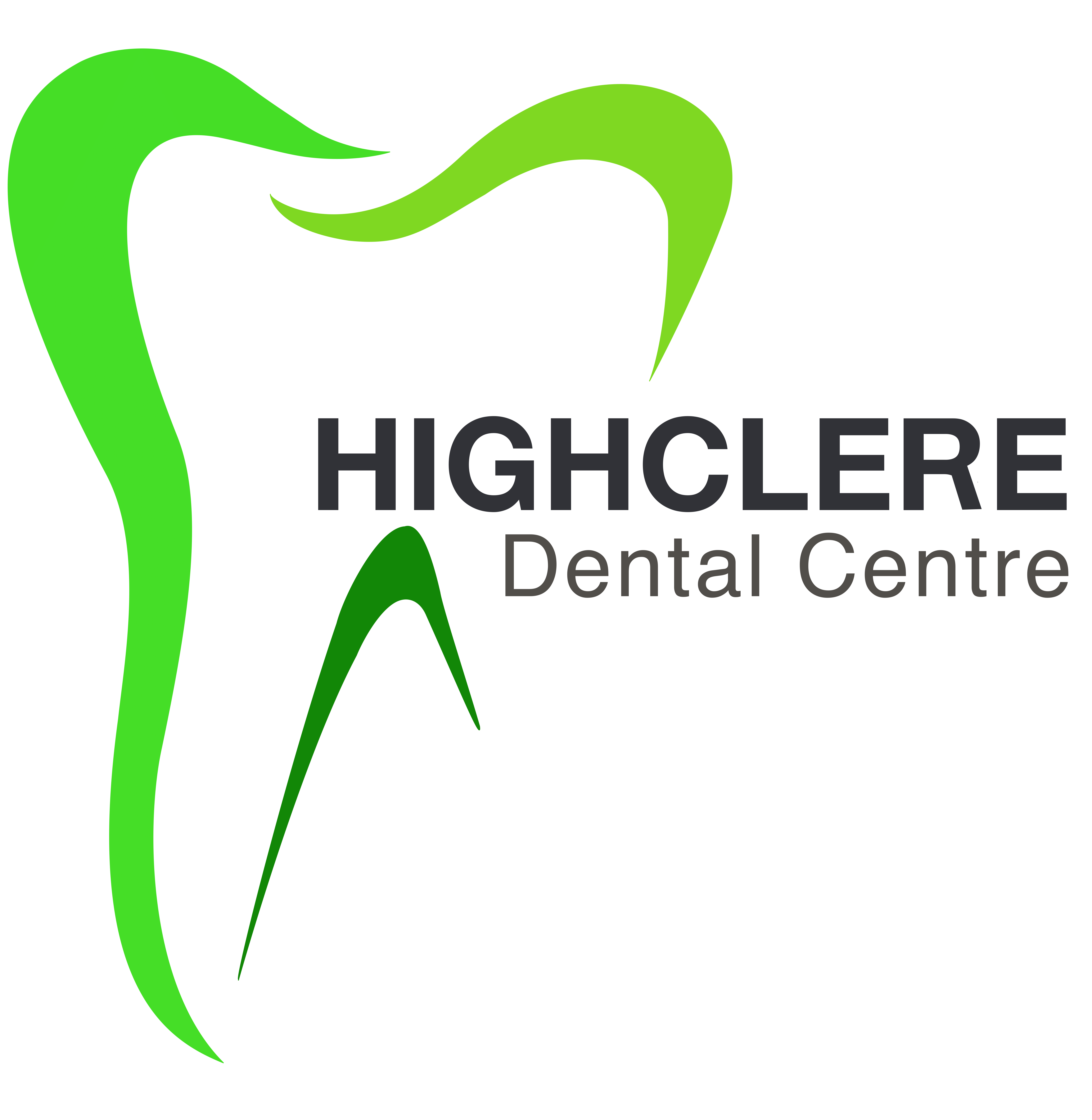When it comes to your oral hygiene, you probably brush your teeth at least twice a day. You may even feel the urge to brush your teeth after every single meal, because you know that regular brushing helps remove plaque and prevent tooth decay. You may wonder, “Can you brush your teeth too much?” The answer is YES, because like with almost everything else in life, when it comes to brushing your teeth there is a limit as well.
What are the risks of overbrushing your teeth?
Overbrushing your teeth is not just about “how often”, you brush but also about HOW you brush. Excessive tooth brushing can cause dental abrasion, tooth sensitivity, and gum recession, as well as lead to long-lasting oral health problems.
Toothbrush Abrasion
In dentistry, dental abrasion refers to the destruction of tooth structure, due to mechanical forces caused by foreign objects. As a consequence and by vigorously brushing your teeth, you wear away tooth enamel and eventually, the dentin and cementum structures. In most cases, abrasion appears as worn or shiny spots near the gumline that are frequently yellow or brown in colour. A wedge, or V-shaped indentation along the gumline of the tooth is another sign of abrasion.

Marangaroo Dentist Highclere Dental Centre -Emergency Service
Tooth Sensitivity
Brushing away the tooth enamel can expose nerve endings in the dentin layer, leading to tooth sensitivity. Depending on the severity of your sensitivity, you may experience discomfort or pain when exposed to hot, cold, sweet, or sour stimuli or while brushing your teeth.
Gum Recession
Continually brushing improperly or too hard may also cause your gums to recede. If this happens, the softer cementum of the roots becomes exposed and vulnerable. Cementum that is exposed is prone not only to wear away and notch, causing sensitivity and pain, but it is also more likely to decay.
How to protect your teeth after overbrushing
Dental abrasion and gum recession can cause cavities and even lead to tooth loss if left untreated. Our team of highly experienced dentists at Highclere Dental Centre may recommend various treatments to protect your tooth and cover the exposed dentin when you experience toothbrush abrasion or tooth sensitivity. Among the treatments that may be used are fluoride varnish to strengthen teeth’s surfaces, tooth-coloured fillings bonded to the abraded areas, or veneers applied to cover the exposed areas. In the case of receding gums caused by overbrushing, they may never return to the previous level. Gum grafting surgery may be required to replace missing tissue and protect the exposed cementum in some cases.
Prevention with Proper Brushing Techniques and Tools
The good news is that preventing overbrushing is as easy as adopting the proper tools and techniques. Start by following these simple steps:
- Brush your teeth with a soft-bristled toothbrush. If you think stiff bristles will clean your teeth better, you may be wrong. Nevertheless, they increase your risk of dental abrasion and gum recession.
- Be sure to check your toothpaste. Another factor that accelerates tooth loss is toothpaste with high abrasive content. Make sure you choose a toothpaste that is rich in calcium and fluoride to help strengthen the enamel of your teeth.
- Apply the right brushing technique. How can you tell if you’re brushing too hard? Look at your toothbrush. You might be using too much pressure if the bristles flatten and fray within a couple of weeks.
- It’s not a good idea to brush right after eating. If you have consumed something acidic, such as lemons or soda, wait at least 60 minutes before brushing your teeth. If you want to freshen your breath while waiting, drink water or chew sugarless gum.
- Look into your other habits. In addition to over-brushing, there are several other causes of abrasion. Consider the habit of opening bottles with your teeth, chewing your nails, or biting your fingernails. These activities could also lead to dental abrasions or even broken teeth. Additionally, tongue or lip piercings can wear away your enamel.
If you want a spotless smile, overbrushing is not the way to go. Utilising the right tools and brushing technique will help you achieve healthy teeth and a clean mouth.
Call Us to Schedule a Checkup Today
At Highclere Dental Centre, we want you to come to our dentist office as soon as you are experiencing discomfort. It is advisable to schedule a dental exam if you have a slight toothache or irritation in your gums. When there is a problem, we can correct it immediately instead of letting it grow and spread. Often, we are able to avoid any discomfort that you would experience by removing the decayed area while it is still small. Without treatment, you may be faced with a dental emergency as an untreated cavity grows. Fortunately, our Marangaroo dentist office makes scheduling an appointment easy. To make an appointment, call (08) 93439777. Whenever possible, we will work around your schedule to make sure you receive the care you need.
Download the Full Article here.

